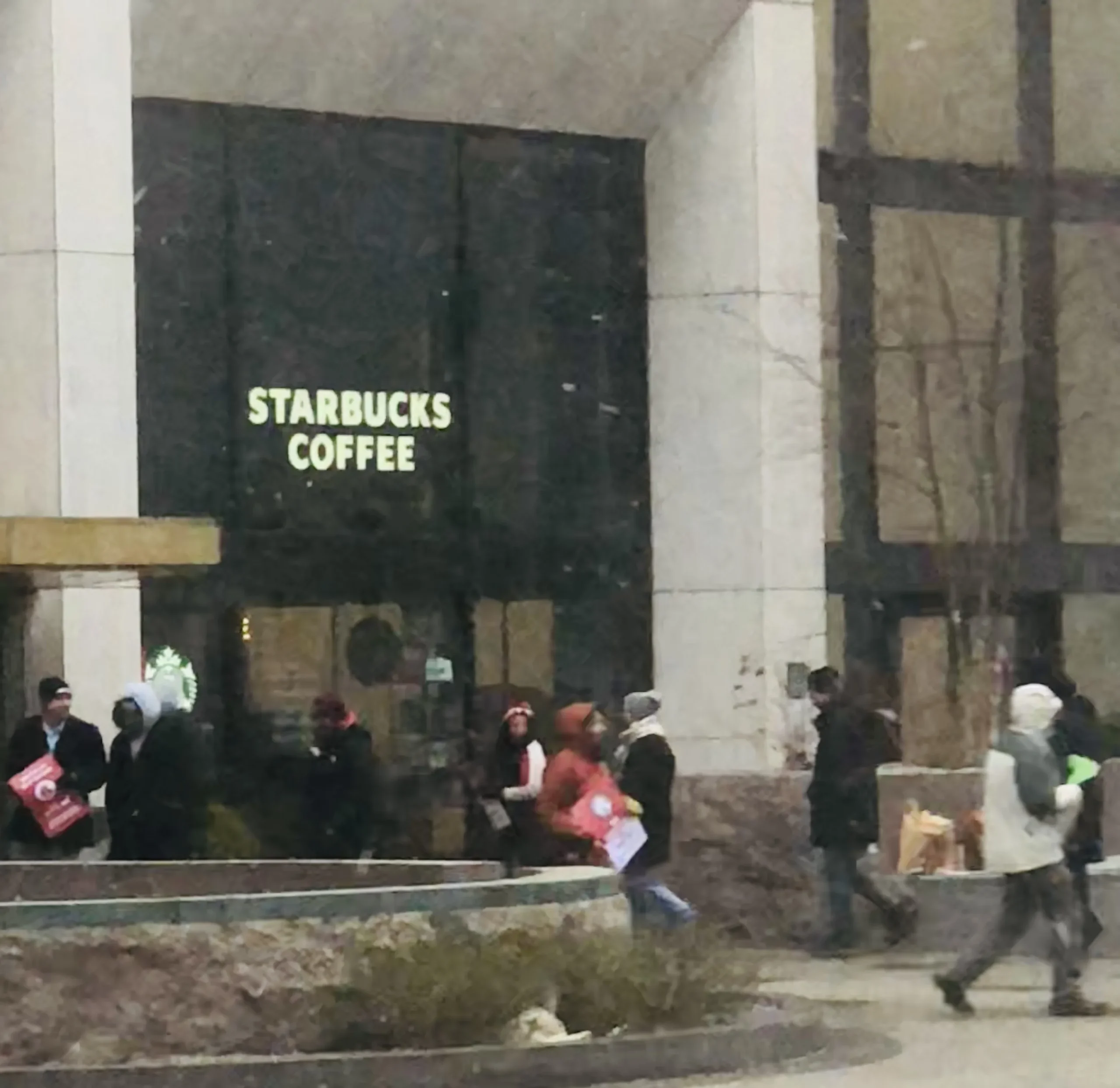Starbucks Shuts Its Doors: New Policy Forces Customers to Buy or Leave!
In a dramatic shift of corporate policy, Starbucks has officially announced a controversial reversal of its open-door approach, sending shockwaves through the coffee retail industry and urban communities nationwide. Effective January 15, 2025, the coffee giant will now require customers to make a purchase to remain in their stores, marking a significant departure from the inclusive policy established in 2018.
The Policy Breakdown
The new directive, carefully crafted under CEO Brian Niccol’s leadership, introduces a strict code of conduct that fundamentally changes how customers interact with Starbucks locations. Key elements of the policy include:
- Mandatory purchase for store access
- Prohibition of:
- Panhandling
- Smoking
- Vaping
- Drug use
- Harassment
“We’re creating clear expectations for our store environments,” said Jaci Anderson, Starbucks spokesperson. “Our goal is to provide a welcoming space for paying customers while maintaining safety and comfort.“
Historical Context
This policy represents a complex journey for the coffee chain. In 2018, Starbucks made headlines after a controversial incident in Philadelphia where two Black men were arrested, prompting the company to implement an open-door policy that allowed anyone to use store spaces without making a purchase.
Underlying Challenges
The decision comes after significant operational challenges, including:
- Safety concerns in multiple locations
- Closure of 16 stores in 2022 due to repeated safety issues
- Growing urban challenges related to mental health and homelessness
Customer and Community Impact
Starbucks acknowledges the broader societal implications of this policy change. The company recognizes the limited public restroom access in many U.S. cities and the role private businesses play in providing such services.
Training and Implementation
To ensure consistent application, Starbucks will:
- Provide comprehensive training to employees
- Display new policy guidelines in all North American stores
- Offer incentives like free coffee refills for in-store purchases
Balancing Act: Community vs. Commercial Interests
The policy reflects a delicate balance between creating a welcoming community space and maintaining a viable business model. CEO Brian Niccol, known for his strategic approach at Chipotle, is positioning Starbucks to redefine its coffeehouse experience.
Potential Ripple Effects
Experts suggest this policy might:
1. Influence other retail chains
2. Spark discussions about public space access
3. Highlight urban infrastructure challenges
A Look Forward
While controversial, the policy represents Starbucks’ attempt to address complex social and business challenges. The company remains committed to creating an inviting environment that balances customer comfort with operational sustainability.
Final Thoughts
As urban landscapes continue to evolve, Starbucks’ new policy serves as a microcosm of broader societal negotiations around public spaces, commerce, and community needs.
Disclaimer: Policies and perspectives may continue to adapt as social dynamics change.
Reporting by Starbucks Policy Analysis Team
Note: This article is based on current information and may be subject to future modifications.






Leave a Comment